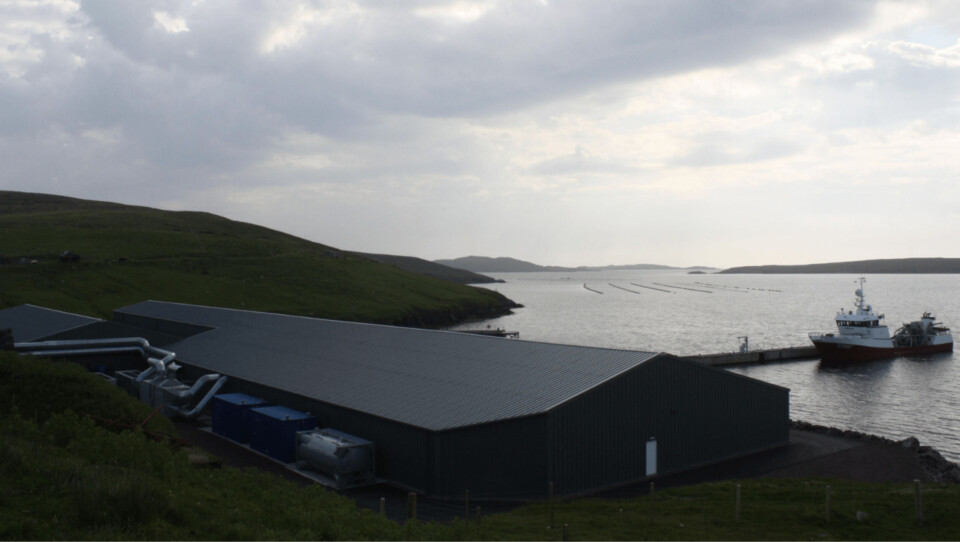
Time for MSPs to get firmly behind fish farming
COMMENT
When the Scottish Parliament's Rural Economy and Connectivity (REC) Committee revisits the subject of Scottish salmon farming tomorrow, it will do so in the wake of today’s news that Grieg Seafood has decided to sell its operations in Shetland.
And that fact, more than any other that may be presented by government agencies or industry figures giving evidence to the committee, should be a wake-up call for MSPs.
Salmon farming is not a licence to print money. Yes, a healthy profit can be made but doing so involves a lot of hard work and investment and sometimes a dollop of good fortune, too.
Grieg is a responsible and experienced salmon farmer, yet it has found it hard to make money in Shetland. It has decided to concentrate its resources in its home country of Norway and in Canada, where it has operations in British Columbia and has a promising project in Placentia Bay in Newfoundland.
One or more of Scotland’s of salmon producers may be tempted to buy Grieg’s assets and take on the company’s 160 or so staff. Cooke Aquaculture and Scottish Sea Farms, which both farm in Shetland, are the obvious two, but there are no guarantees Grieg’s sites will appeal to them.
Two inquiries held into Scottish salmon farming in 2018, by the Environment, Climate Change and Land Reform (ECCLR) Committee and then by the REC Committee, demonstrated how little many MSPs knew about the industry. That is perhaps inevitable, given the broad spectrum of responsibilities MSPs have. They can’t be expected to know everything, although that didn’t stop the REC Committee recommending a long list of changes to the aquaculture industry.
Progress on making those changes will be examined tomorrow.
When they do that, MSPs should bear in mind the lesson learned by Grieg’s announcement. Salmon farming is a healthy industry, but it is not indestructible, and it does not have a bottomless pit of money.
After a tough year casued by Covid-19 it requires a sympathetic environment if it is to thrive and continue providing an increasing amount of jobs and income to remote rural areas. While it is the REC Committee’s job to give the industry a shove in areas where members feel it is lacking, it also has a responsibility to reach out a helping hand.























































